China media lauds Hu's US visit as "masterstroke"
Chinese media praises Hu's visit while bloggers question Obama's treating of the president as 'god of wealth'.
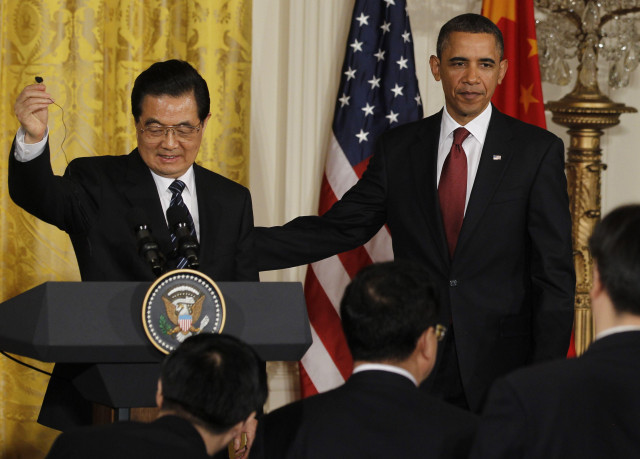
State television news channels gave blanket coverage of the ceremony of Hu's state dinner and welcome at the White House, in a reflection of China's desire for its leader to be portrayed as a valued and honoured player on the world stage.
The usually nationalistic tabloid the Global Times, not known for kind words towards the United States, praised the trip as an "important contribution towards world peace," but some bloggers questioned Sino-US relations, which have been also strained over issues ranging from US arms sales to Taiwan to China's control of the Internet.
"The world should applaud Hu Jintao's trip to the United States and the outstanding foresight of Chinese and American leaders," the Global Times wrote in an editorial. "China's and the US attitude has set aside numerous fears in the Asia-Pacific region."
The official Xinhua news agency said the visit was "a historic masterstroke of China-US diplomacy with global significance."
While Hu's awkward answer to reporters' questions about human rights was essentially ignored by Chinese media - hardly a surprise in a country that carefully stage-manages its leaders' public image - there was some oblique reference to currency issues.
Hu did not publicly address this issue, which has angered many US lawmakers, who argue that China keeps its yuan weak to boost exports, costing millions of US jobs and increasing a trade gap that Washington puts at $270 billion (170 billion pounds).
Communist Party mouthpiece the People's Daily said in a front page commentary on its overseas edition that the United States also had an obligation towards its own currency, especially as China is the world's largest holder of U.S. government debt.
"As the issuer of the world's main reserve currency, the United States should adopt a responsible attitude and maintain reasonable stability in the supply of the US dollar, avoid the misuse of the dollar causing global inflation, economic imbalances and upheavals in financial markets," it wrote.
Chinese bloggers for their part questioned who would pay for the $45 billion in deals signed and criticised President Barack Obama for treating Hu as a "god of wealth," even as China struggles with inflation and widespread poverty.
"I was so angry when I listened to the news of Boss Hu's visit this morning. Obama treated Hu as the god of wealth, but Hu cannot think like that," wrote one user on Sina.com's popular microblogging site. "Is there any god of wealth whose family is so poor or CPI (consumer price index) so high?"
"The Yankees are happy to have won this $45 billion order, but I'm wondering if this is money I have paid as tax," wrote another.
The Global Times, which is run by the People's Daily, also cautioned against excessive optimism following the visit.
"President Obama said that the 'US welcomes China's rise'. This message has not been widely accepted in the United States. The acceptance and judgement of China's rise in the United States will largely decide the direction of Sino-US relations."
This comes as latest figures about China's growth soaring past forecasts and inflation slowing less than expected, showed that it had gained second spot in global rankings. The Chinese economy grew by 10.3 percent last year. The numbers could prod the government to intensify its easy-does-it approach to tightening.
Evidence of robust growth may give officials confidence to take more aggressive steps to quell price pressures, from stricter lending curbs to interest rate rises, as rising food costs in recent weeks suggest inflation will rebound in coming months.

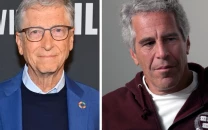
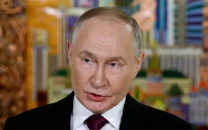


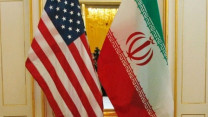
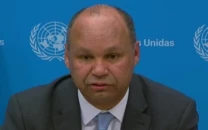












COMMENTS
Comments are moderated and generally will be posted if they are on-topic and not abusive.
For more information, please see our Comments FAQ